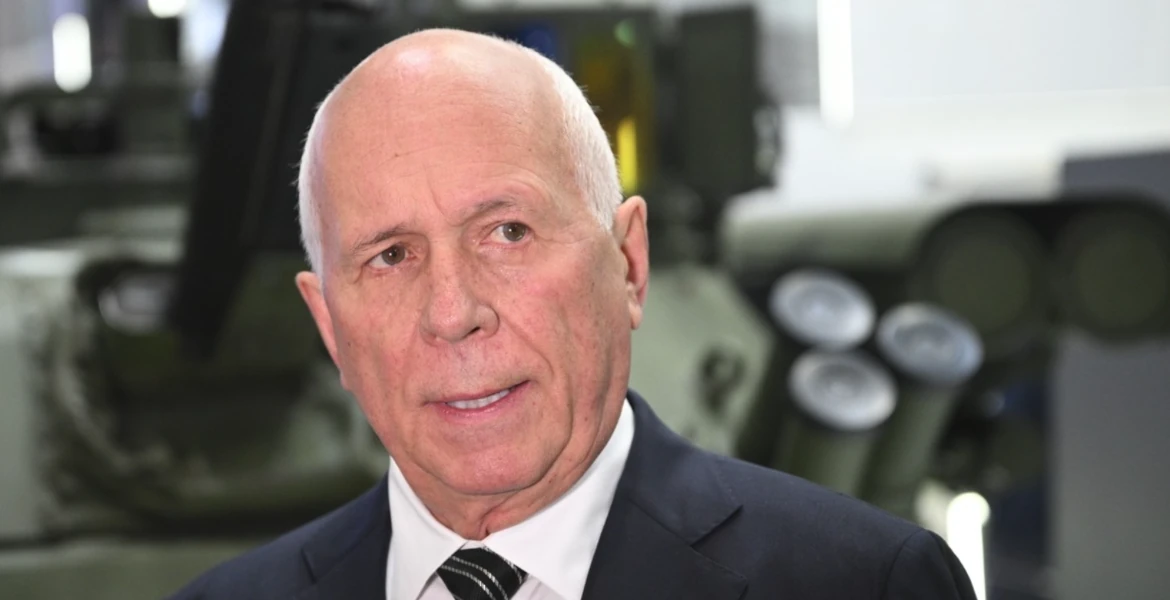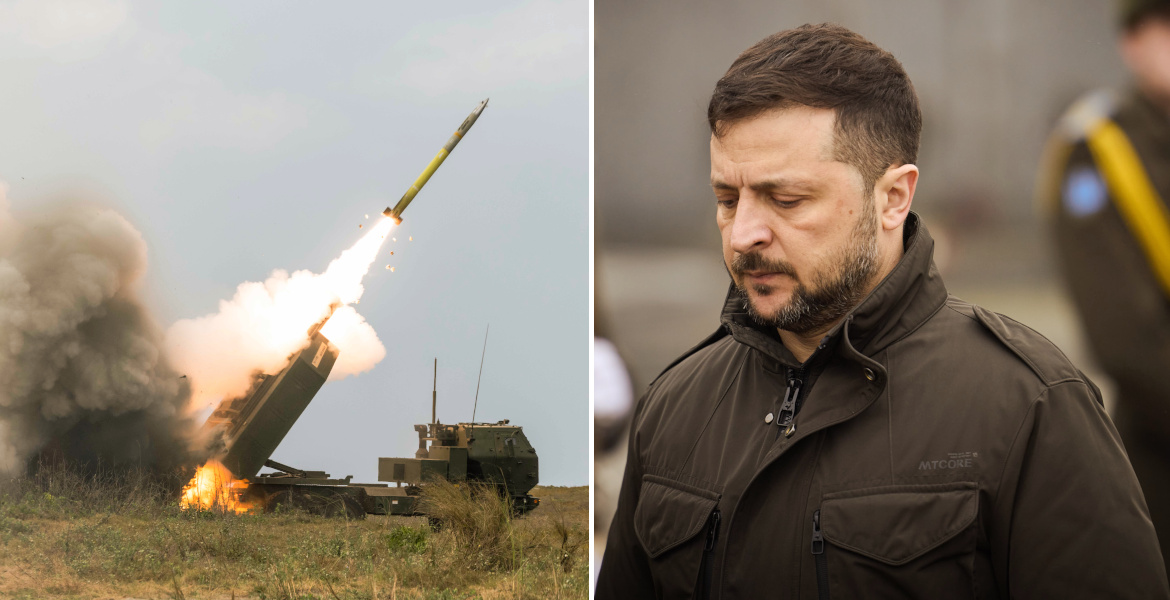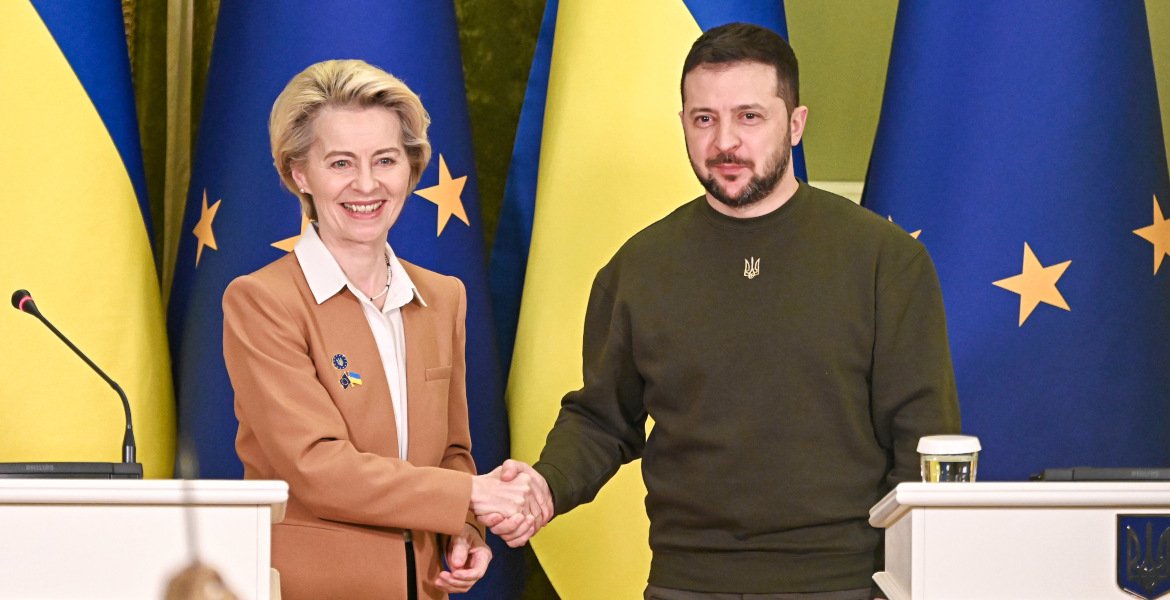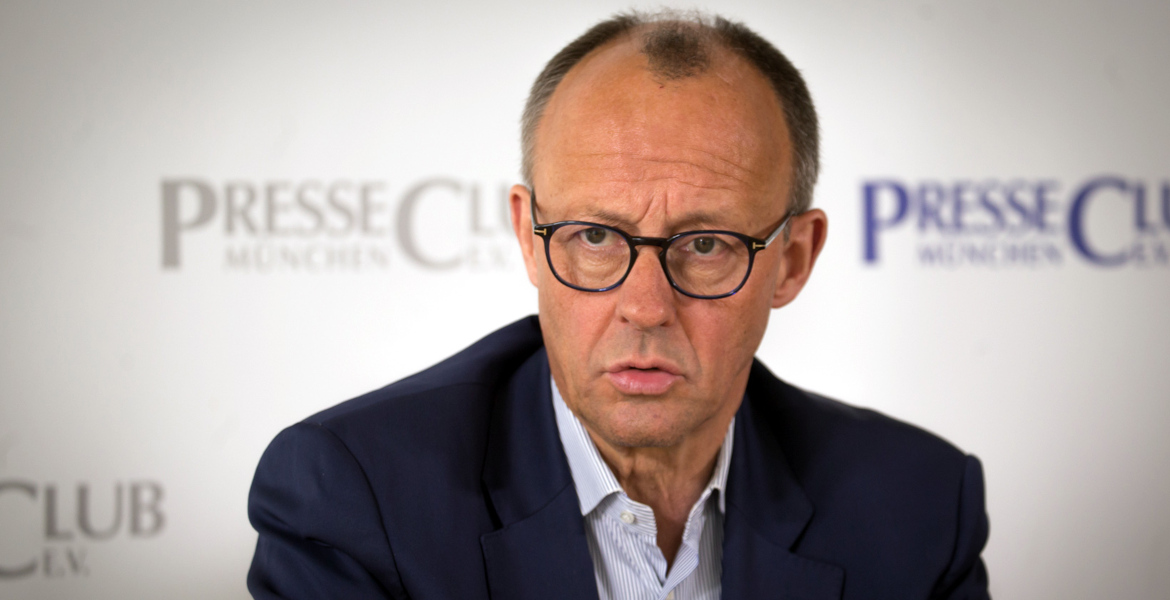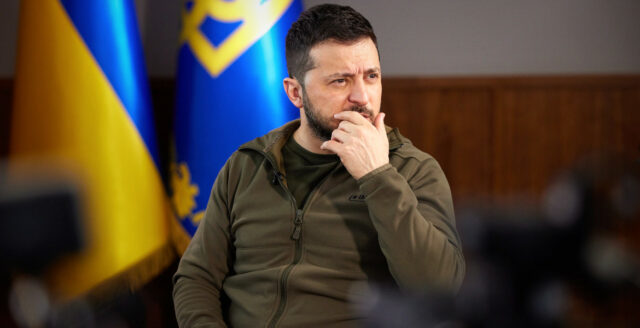On Tuesday night, Russian Lieutenant General Igor Kirillov and his assistant were killed in a bomb attack at an apartment building in Moscow.
Ukrainian intelligence has claimed responsibility for the bombing, which was described by the Bonnier-owned Dagens Nyheter, one of Sweden's largest dailies, as "a light in the darkness for many".
As early as 2013, Peter Wolodarski, the editor-in-chief of Dagens Nyheter, announced his intention to focus more on "agenda-setting journalism" – a method of working that, according to critics, involves trying to shape people's opinions, thoughts and worldview - rather than reporting in a neutral and factual manner.
This has also been the case on many issues – not least Sweden's membership of NATO and mass immigration-related problems.
DN's coverage of the war in Ukraine has also frequently been characterized by agenda-setting journalism, where actors who want continued war and escalation are highlighted and rewarded – while voices advocating peace and diplomacy are often silenced or suspected.
When Kirillov, head of the Russian military's chemical, biological and nuclear weapons department, is assassinated, the newspaper also chooses to present the event as "a light in the darkness for many".

The DN writer gleefully proclaims that the bombing is likely to spread fear not only among the Russian military – but also among "politicians and well-known media personalities". Moreover, "attacks of this type are very popular among ordinary Ukrainians", he states.
When Pope Francis on the same day instead calls for reconciliation and understanding and wishes for an end to the conflict, DN does not see this as anything positive – or even neutral.
Instead, Niklas Orrenius' headline is "Pope's speech about Ukrainians and Russians as brothers arouses anger in Ukraine" and the writer portrays the Pope as a very suspicious and perhaps even "pro-Russian" figure.


